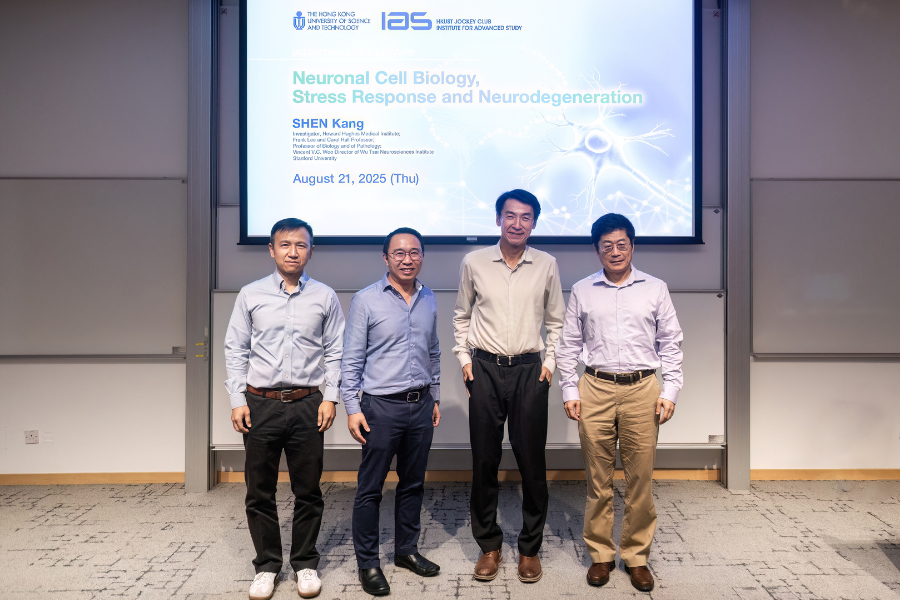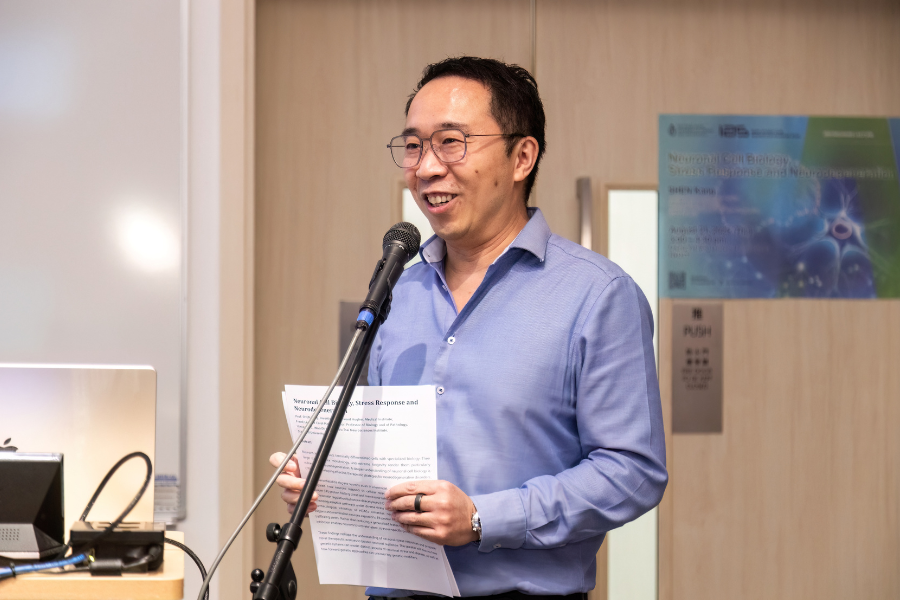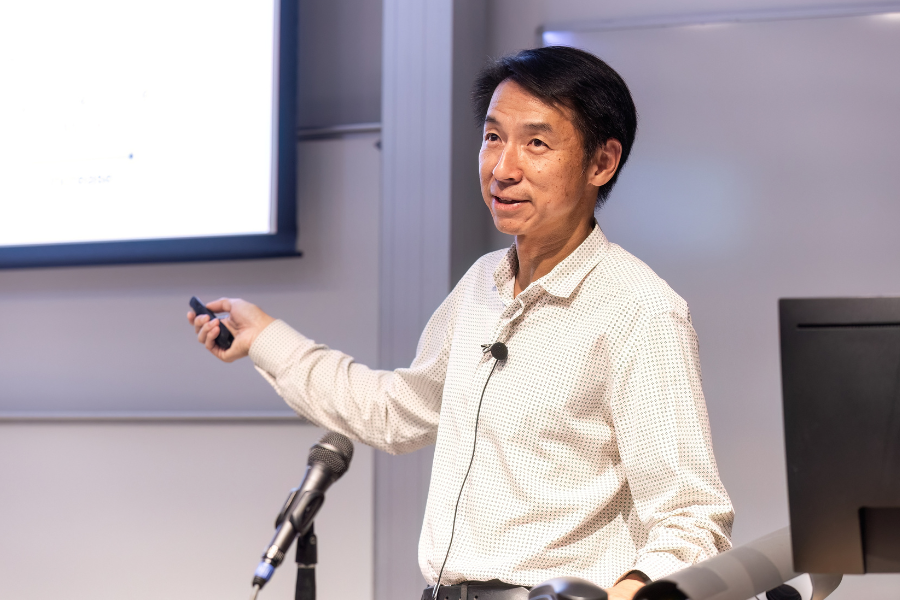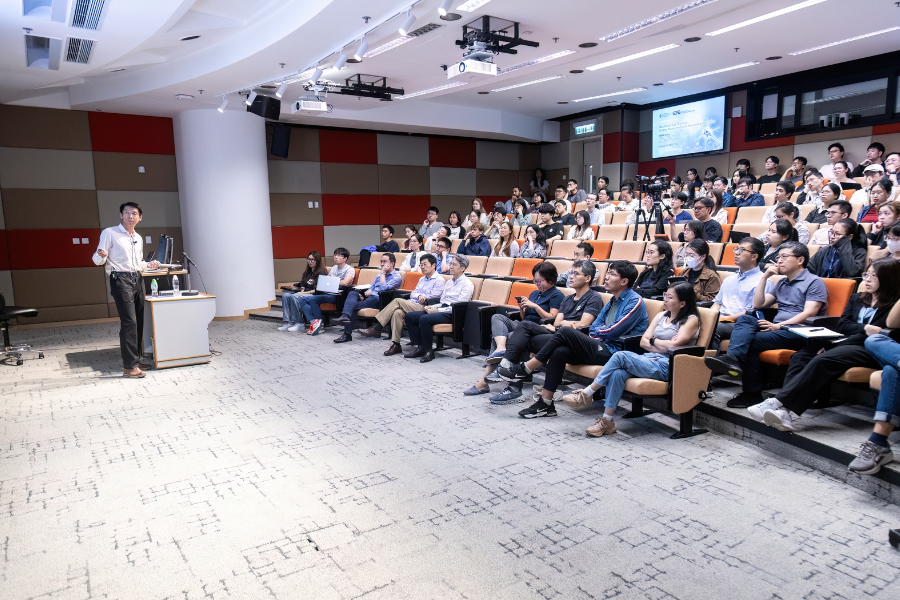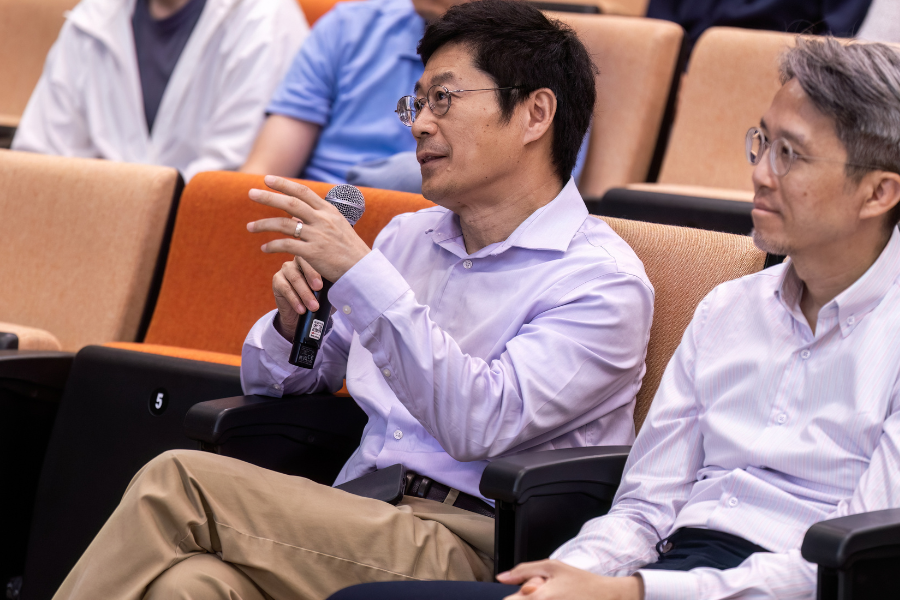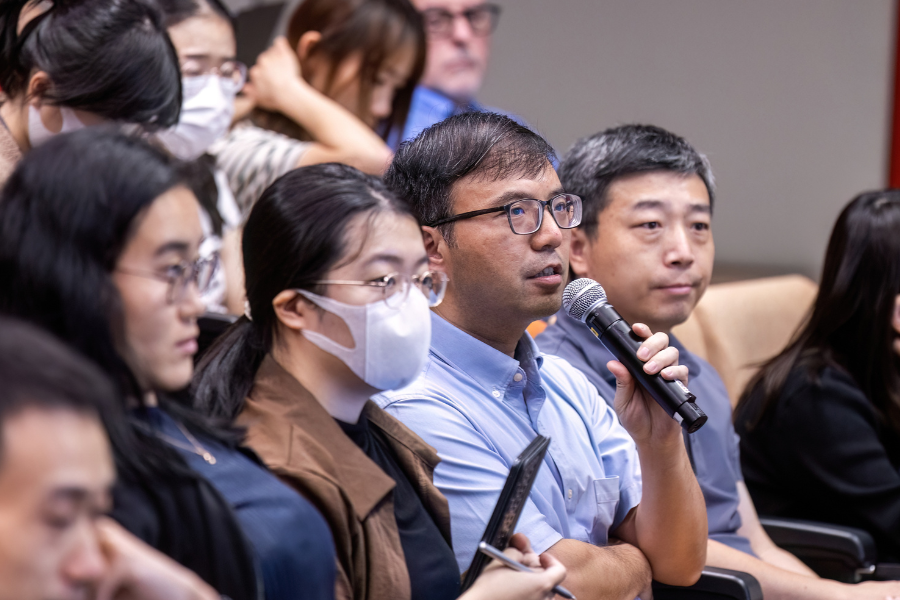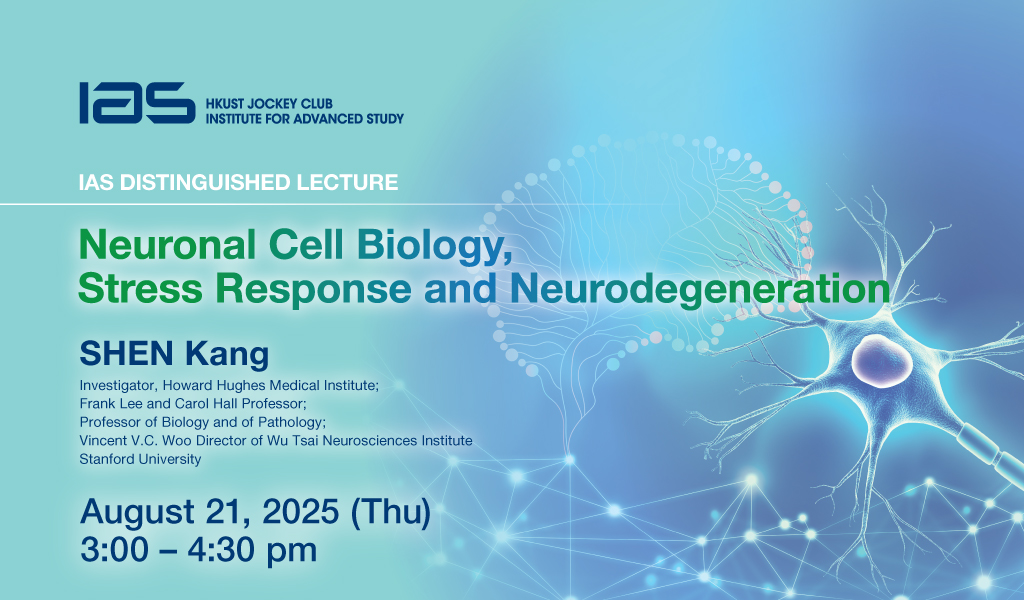Neuronal Cell Biology, Stress Response and Neurodegeneration
Abstract
Neurons are long-lived, terminally differentiated cells with specialized biology. Their large size, complex morphology, and extreme longevity render them particularly vulnerable to neurodegeneration. A deeper understanding of neuronal cell biology is critical for developing effective therapeutic strategies for neurodegenerative disorders.
Using Caenorhabditis elegans neurons as an in vivo model, the speaker and his group investigated how neurons respond to cellular stressors, including endoplasmic reticulum (ER) protein folding stress and membrane trafficking stress. They discovered that chromatin regulation by histone deacetylases (HDACs) restricts neuronal flexibility in choosing adaptive pathways under diverse stress conditions. Strikingly, genetic or pharmacological inhibition of HDACs enhances neuronal resilience in both C. elegans and mammalian neurons exposed to ER protein folding stress and endosomal trafficking stress. Rather than inducing a generalized transcriptional response, HDAC inhibition enables neurons to activate latent, stressor-specific proteostasis pathways.
These findings reshape the understanding of neuronal stress responses and propose novel therapeutic avenues to bolster neuronal resilience. The speaker will discuss how genetic systems can model distinct aspects of neuronal stress and disease, as well as how forward genetic approaches can uncover key genetic modifiers.
About the Speaker
Prof. SHEN Kang studied Clinical Medicine at Tongji Medical University. After graduating in 1994, he joined the graduate program at Duke University and received his PhD in Molecular Cellular Neuroscience in 1999. He then pursued postdoctoral work at the University of California, San Francisco. He joined Stanford University in 2003 and is currently the Frank Lee and Carol Hall Professor and Professor of Biology and of Pathology. He also serves as the Vincent V.C. Woo Director of the Wu Tsai Neurosciences Institute and is an Investigator at the Howard Hughes Medical Institute.
Prof. Shen’s research focuses on the mechanisms underlying various aspects of neural circuit assembly at the molecular level. Working in the nematode Caenorhabditis elegans, Prof. Shen and his team study key cell biological events during development and maintenance of neural circuits, including synaptic specificity and assembly as well as axonal transport, cytoskeletal polarity in neurons, and dendrite branching and growth. His team employs a wide range of approaches and techniques, from genetics, molecular biology, and gene expression to biochemistry, microscopy, flow cytometry, and behavioral assays.
Prof. Shen is a recipient of the Alfred Sloan Award, the Whitehall Foundation Award, the Basil O'Connor Award, and the Searle Scholar Award, to name a few.
For Attendees' Attention
Seating is on a first come, first served basis.

